14 GPTs for Personalized Gaming Powered by AI for Free of 2025
AI GPTs for Personalized Gaming refer to advanced machine learning models, specifically Generative Pre-trained Transformers, tailored for the gaming industry. These tools leverage the power of AI to create personalized gaming experiences, adapting content and interactions based on individual player behavior and preferences. They are pivotal in revolutionizing game design, player engagement, and content generation, offering a bespoke gaming journey for each user.
Top 10 GPTs for Personalized Gaming are: A&G: Amazing Girlfriends RPG - 神奇女友 - 素晴らしい彼女たち,Stars Aligned, Threads of Destiny Woven,Artificial Girlfriend - obsessed,Free World,AIdventure AIde,BookEngine,Adventure Mode,Maze Master,Interactive Game GPT,Surrounded by Beauties
A&G: Amazing Girlfriends RPG - 神奇女友 - 素晴らしい彼女たち
Craft Your Story with AI Companions

Stars Aligned, Threads of Destiny Woven
Craft Your Destiny with AI-driven Fantasy
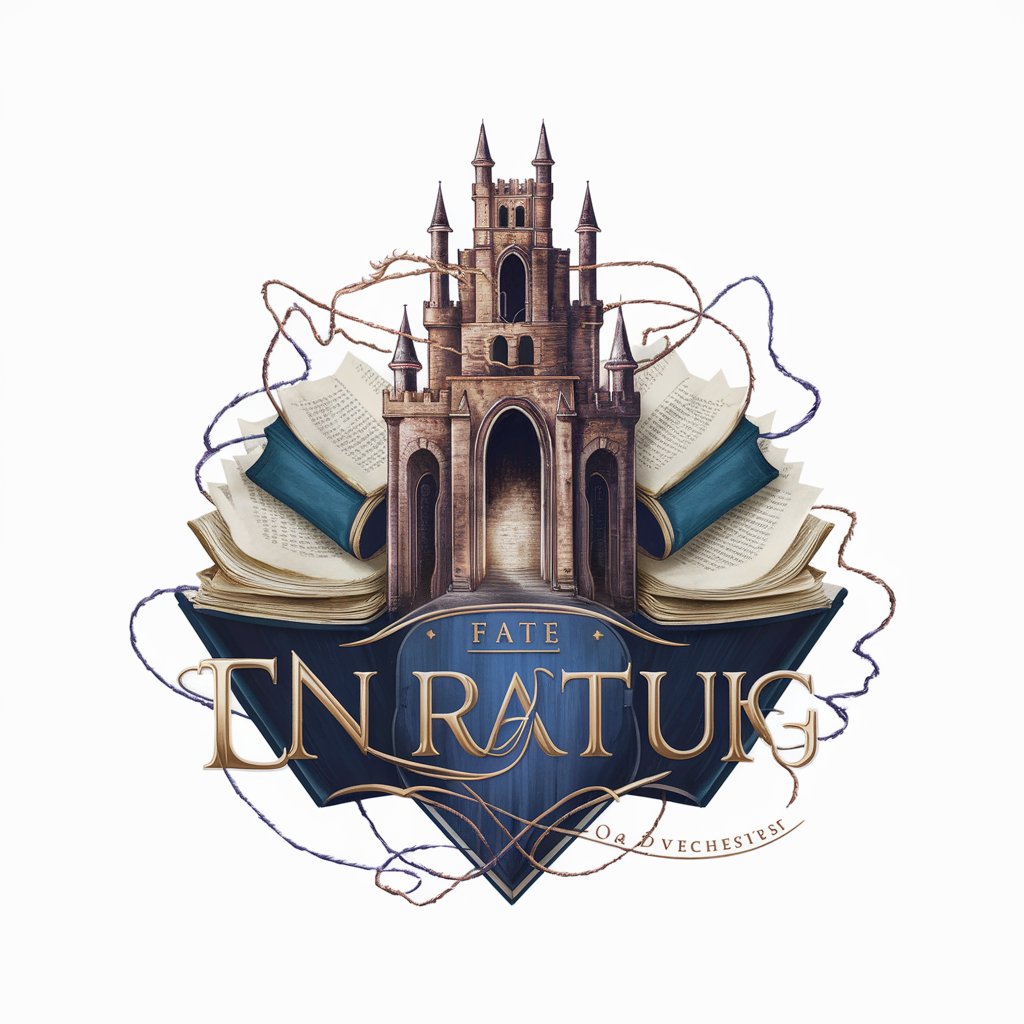
Artificial Girlfriend - obsessed
Craft Your Emotional Narrative Journey

Free World
Craft Your Story, Shape Your World

AIdventure AIde
Craft Your Adventure with AI

BookEngine
Craft Your Story, Powered by AI

Adventure Mode
Craft Your Adventure with AI
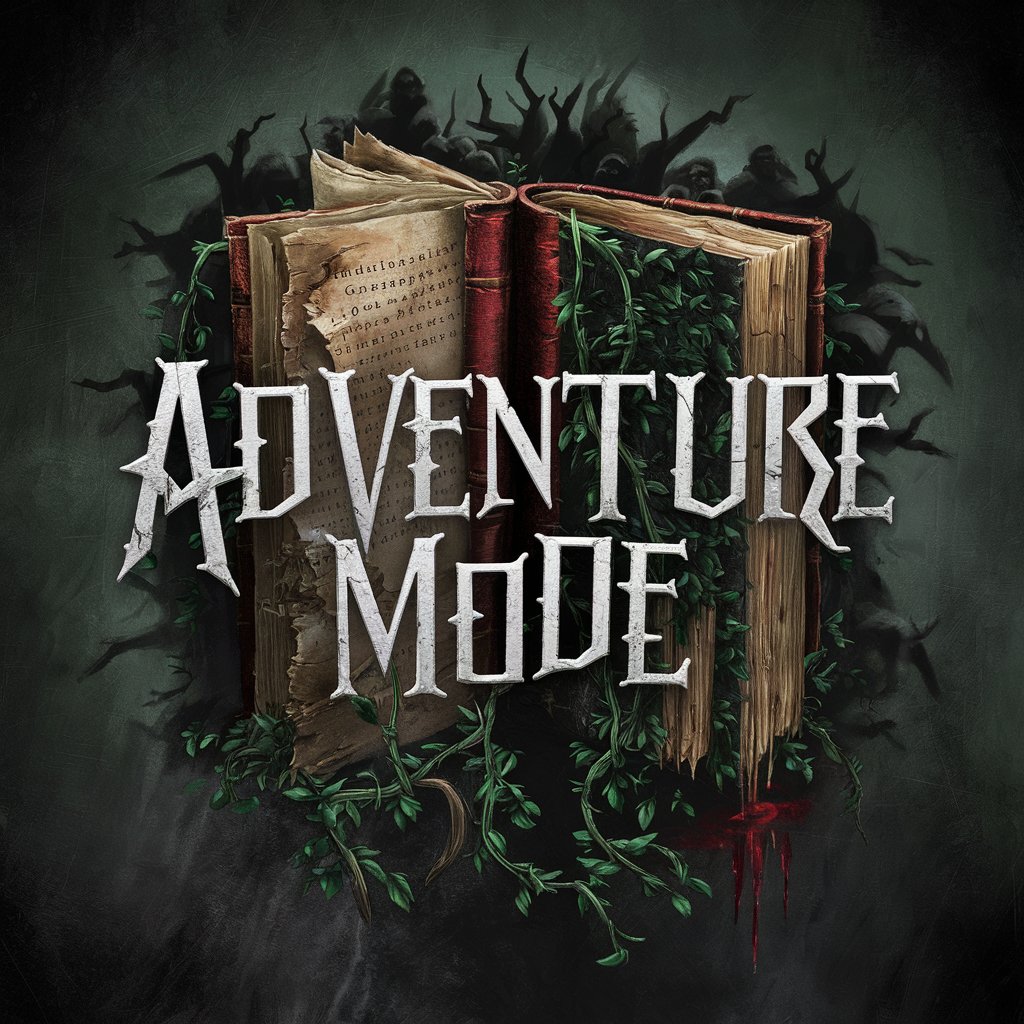
Maze Master
Craft Your Adventure with AI-Powered Mazes
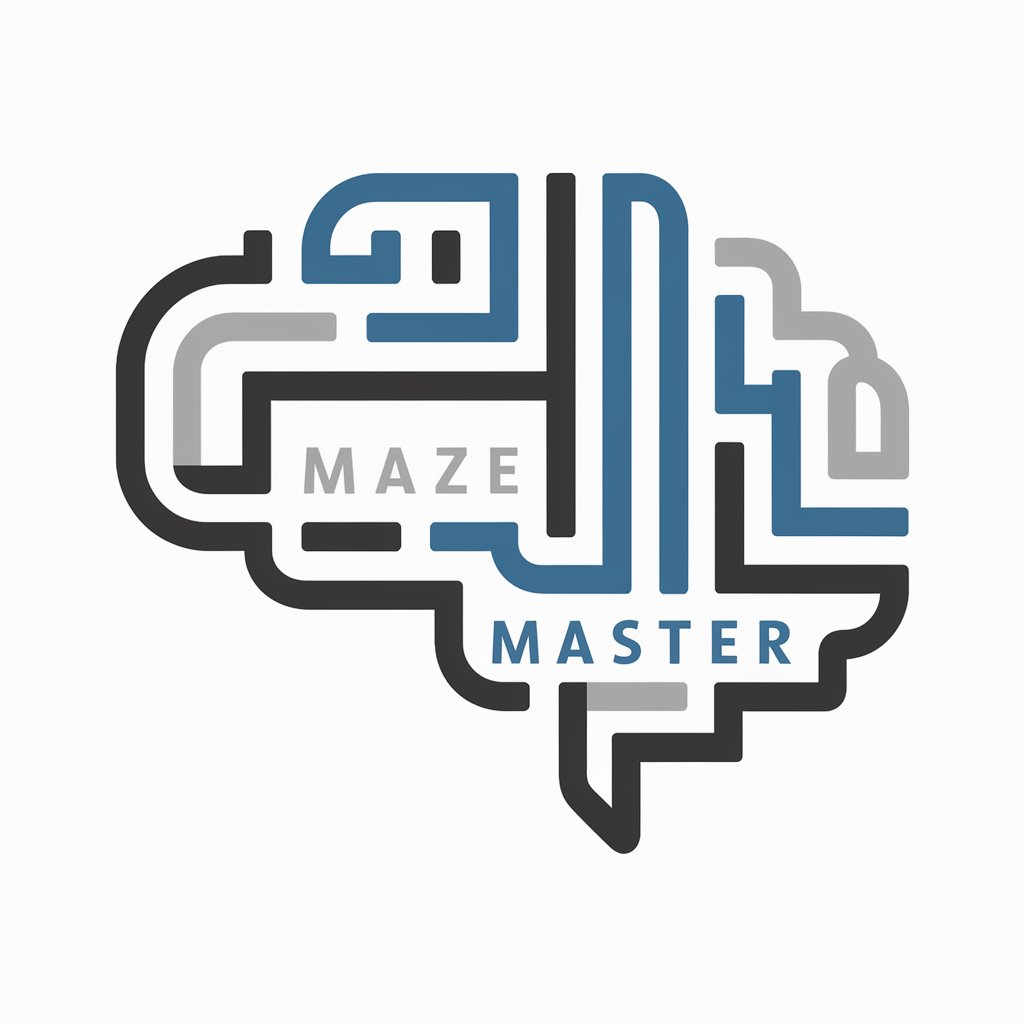
Interactive Game GPT
Craft Your Story, Powered by AI
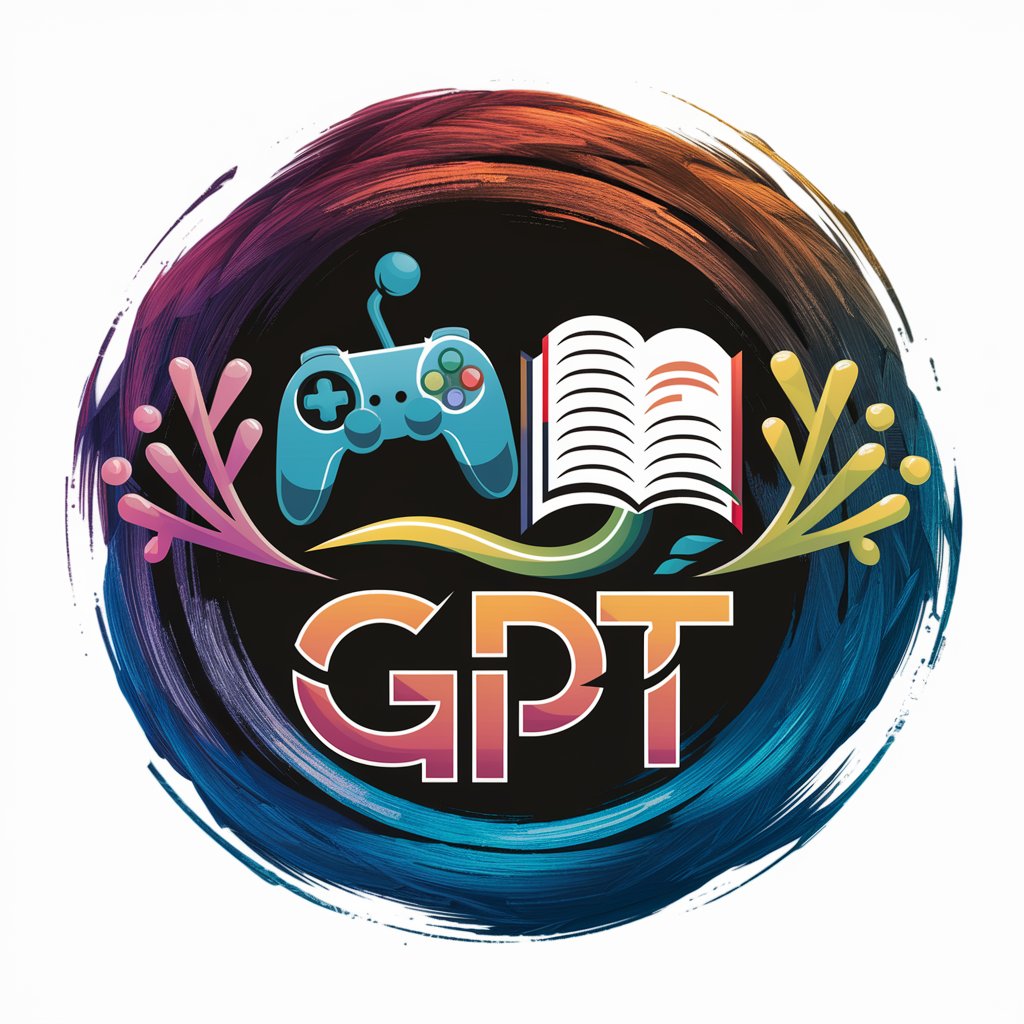
Surrounded by Beauties
Experience Dynamic, AI-Powered Dating Adventures

单人剧本杀-交互式视觉故事游戏
Craft your story, visualize your adventure.
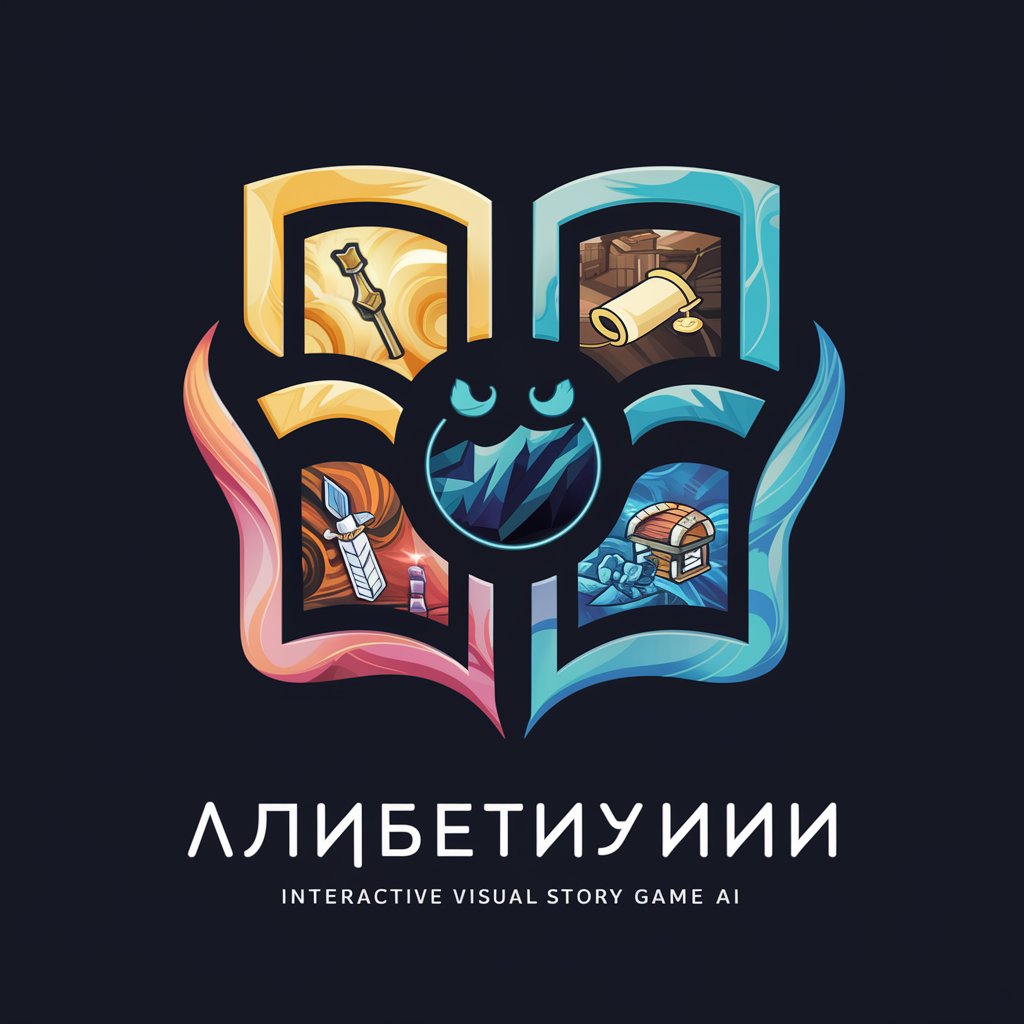
Story Quester
Craft Your Own Adventure with AI
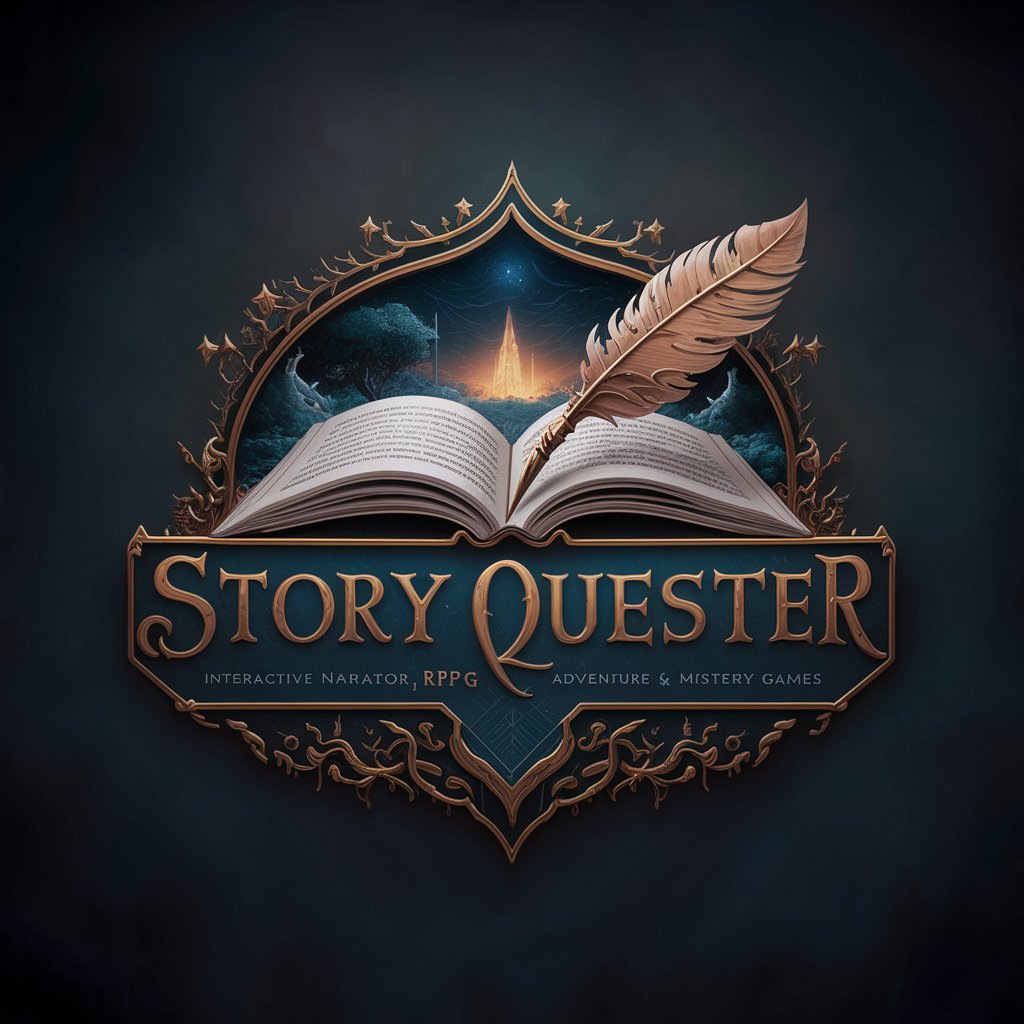
Lucky Number Generator
AI-Powered Lucky Number Crafting
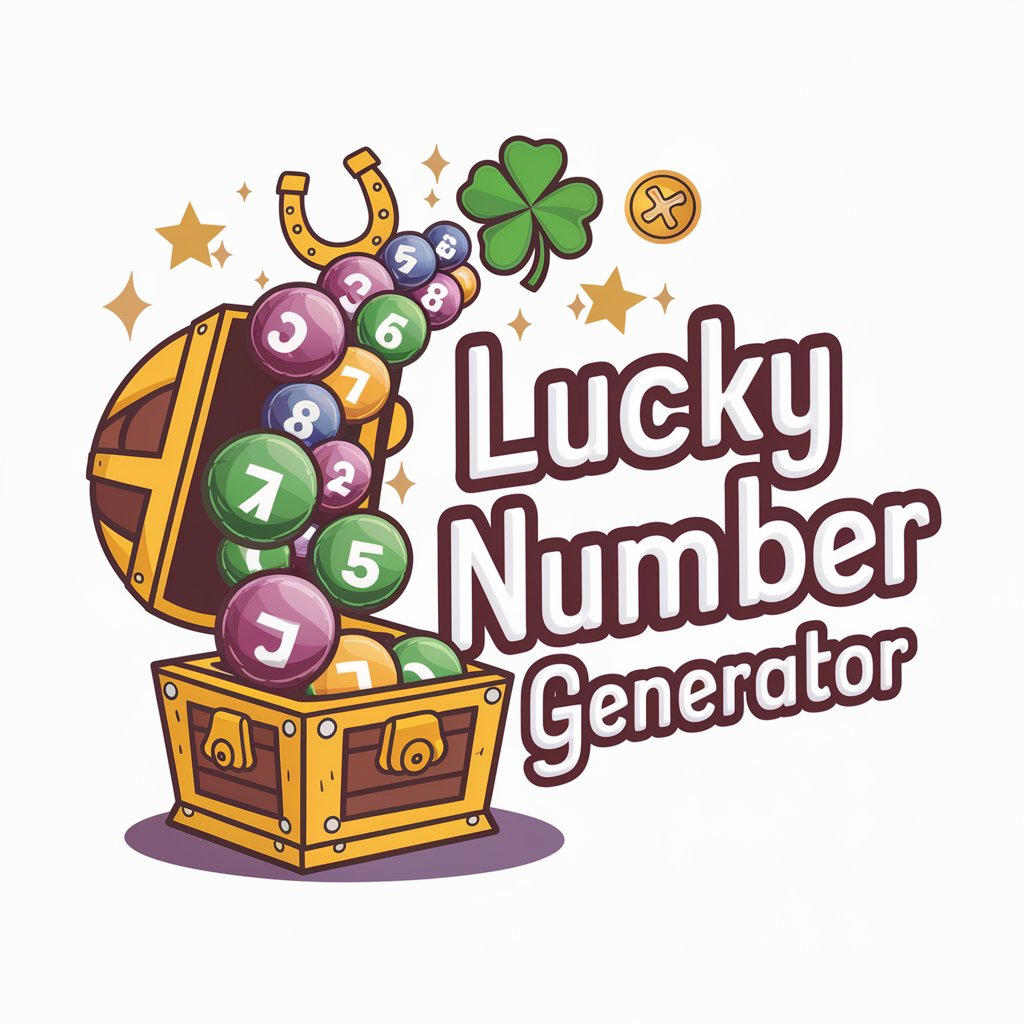
Game Scout
Power Your Play with AI
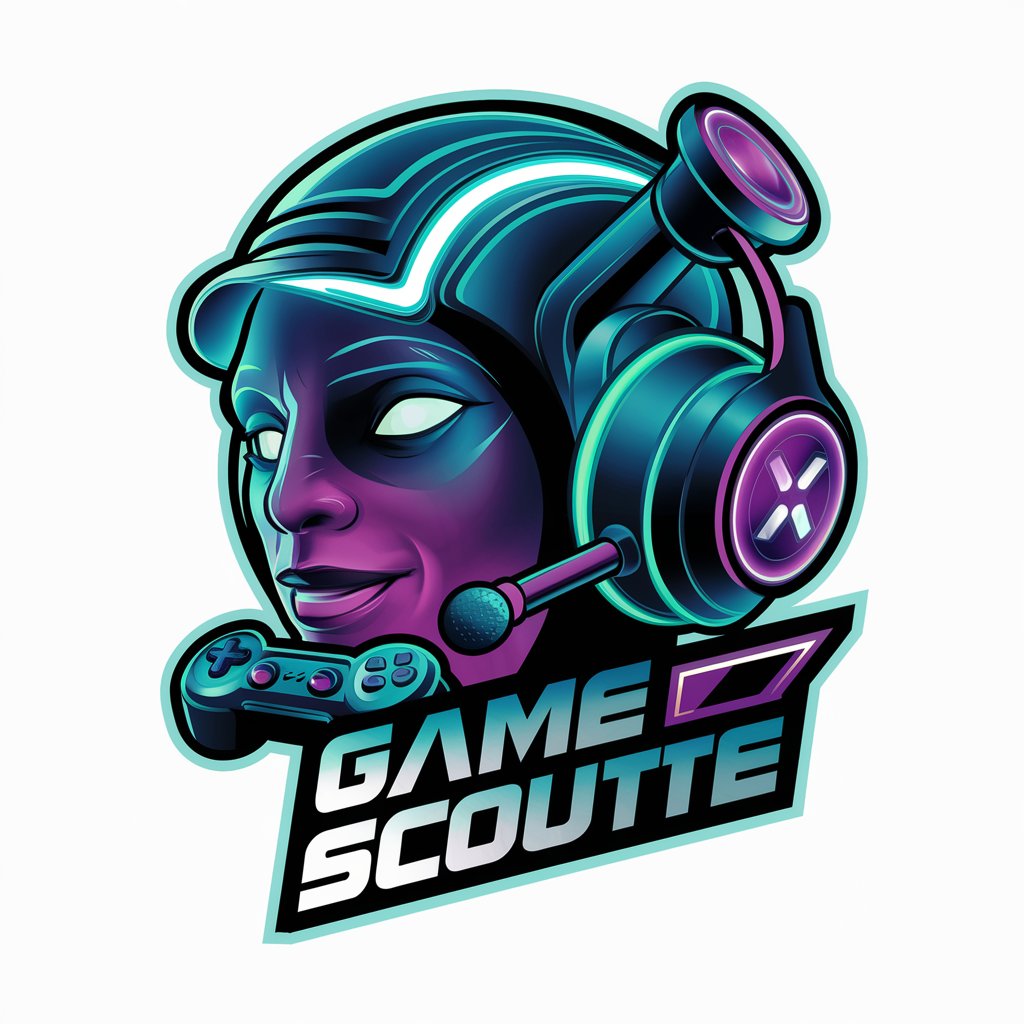
Unique Capabilities in AI-Driven Gaming
AI GPTs in Personalized Gaming are known for their adaptability, ranging from basic game recommendations to creating complex, dynamic game worlds. Key features include adaptive difficulty adjustment, personalized storyline generation, and real-time player behavior analysis. Additionally, they offer language processing for interactive dialogues, technical support for game development, and the ability to integrate with web search and image creation for enriched game content. Their data analysis capabilities enable a deep understanding of player patterns, enhancing the overall gaming experience.
Who Benefits from AI-Enhanced Gaming?
The primary beneficiaries of AI GPTs in Personalized Gaming include game developers, gaming enthusiasts, and industry professionals. These tools are accessible to novices with no coding experience, offering user-friendly interfaces, while also providing extensive customization options for those with technical expertise. Their versatility makes them ideal for a wide range of users, from those creating simple indie games to professionals developing large-scale, immersive gaming worlds.
Try Our other AI GPTs tools for Free
Social Media Spice-up
Elevate your social media game with AI GPTs - your go-to tool for creating engaging, tailored content. Perfect for businesses and individuals looking to make a mark in the digital world.
Texting With Flair
Discover AI GPTs for Texting With Flair: the ultimate AI tool to revolutionize your texting and communication, offering creative, adaptable, and intelligent texting solutions.
Slang Learning Tool
Explore the world of slang with AI GPTs – your ultimate tool for mastering informal language nuances and staying updated with evolving colloquial terms.
Cultural Language Exploration
Explore the world of cultural nuances with AI GPTs. Tailored for language exploration, these tools offer a seamless blend of technology and culture, ideal for researchers, language learners, and cultural enthusiasts.
Children's Art Enhancement
Explore AI GPTs for Children's Art Enhancement: innovative tools transforming children's artistic creations through AI. Enhance learning, foster creativity, and integrate technology seamlessly into art education.
Creative Drawing Transformation
Explore AI GPTs for Creative Drawing Transformation - your gateway to revolutionizing art and design with AI. Perfect for professionals and hobbyists alike, these tools transform creative visions into digital masterpieces.
Expanding Horizons with AI in Gaming
AI GPTs offer a new frontier in gaming, providing customized solutions across various sectors. They enable user-friendly interfaces for non-technical users and seamless integration with existing systems. Their adaptability extends beyond gaming, offering insights into player engagement and behavior that can inform marketing and design strategies in other entertainment sectors.
Frequently Asked Questions
What exactly are AI GPTs for Personalized Gaming?
AI GPTs for Personalized Gaming are advanced AI models designed to enhance gaming experiences by tailoring content and interactions to individual player preferences and behaviors.
How do these AI tools enhance the gaming experience?
They offer personalized storylines, adaptive game difficulty, and real-time analysis of player behavior, leading to a more engaging and customized gaming experience.
Can non-coders use these AI tools effectively?
Yes, these tools are designed with user-friendly interfaces, making them accessible to non-coders while also offering advanced features for professional developers.
Are there any special features in these AI GPTs?
They include language processing for dynamic dialogues, technical support for game development, and capabilities like web search and image creation for enriched content.
How does AI GPT adapt to a player's behavior?
It analyzes real-time player data to adjust game scenarios, challenges, and narratives, ensuring a unique experience for each player.
Can these tools be integrated into existing gaming systems?
Yes, they are designed for easy integration with existing gaming platforms and systems, enhancing their capabilities without the need for extensive modifications.
What are the benefits for game developers using AI GPTs?
Developers can create more immersive and engaging games, with less manual content creation, and gain insights into player behavior for future game design.
Are there any limitations to using AI GPTs in gaming?
While highly versatile, the effectiveness of AI GPTs depends on the quality of data and the complexity of the gaming environment they are applied to.